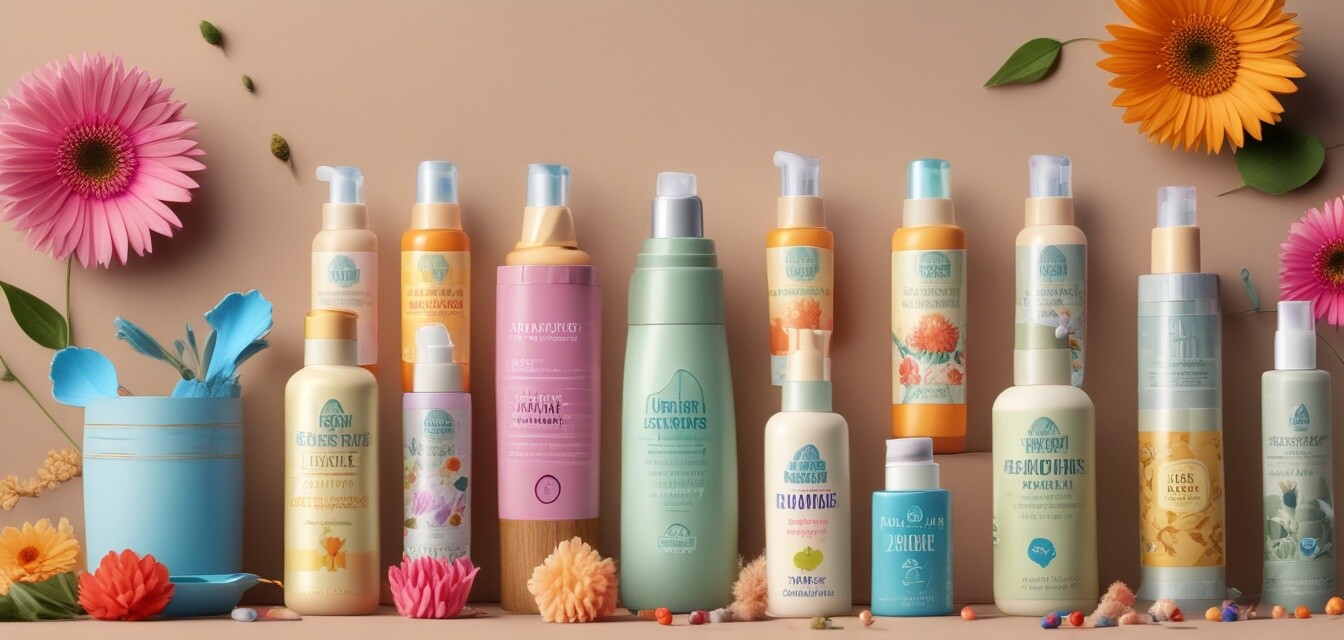
Best Allergy Relief Products for Children
Key Takeaways
- Consider the specific needs of your child when selecting allergy relief products.
- Safety and effectiveness are paramount — always check age recommendations.
- Consult with a healthcare provider before starting any new allergy medication.
- Explore non-pharmaceutical options alongside medication for best results.
- Be aware of potential allergens in common everyday items.
Seasonal allergies can be particularly challenging for children, affecting their comfort and daily activities. When choosing the best allergy relief products for kids, safety and efficacy must come first. In this guide, we will explore a variety of allergy relief options specifically designed for children, discussing their features, benefits, and tips for usage.
Understanding Allergies in Children
Children may experience allergies due to various triggers including pollen, dust mites, mold, and pet dander. Symptoms commonly include sneezing, itching, runny nose, and watery eyes. Recognizing the signs of allergies in your child is the first step toward finding relief.
Types of Allergy Relief Products
Below, we outline the primary categories of allergy relief products that can help alleviate symptoms in children:
- Allergy Medications: Over-the-counter options like antihistamines.
- Eye Drops: For itchy or watery eyes.
- Nasal Sprays: To relieve nasal congestion.
- Air Purifiers: To reduce allergens in the home environment.
- Allergy-proof Bedding: To minimize exposure to dust mites.
Allergy Medications for Kids
When it comes to allergy medications, it is essential to choose those specifically formulated for children. These often have dosage recommendations suitable for younger ages. One popular choice is Amazon Basic Care 24 Hour Allergy Relief, known for its effectiveness in providing allergy relief.
Amazon Basic Care 24 Hour Allergy Relief
Provides long-lasting relief from indoor and outdoor allergy symptoms, formulated for children's needs.
Learn MoreUsing Allergy Eye Drops
Eye drops are specifically designed to relieve itchy, watery eyes caused by allergens. When selecting eye drops, look for those that say they're safe for children. Always follow the dosage instructions for your child's age.
Nasal Spray Options
Nasal sprays can provide quick relief from congestion and are often easier for children to use than pills. For kids, choose sprays that are pediatrician-recommended.
Air Purifiers: A Smart Investment
An air purifier can make a big difference in reducing allergens at home. Consider getting a model with HEPA filtration to help ensure maximum air quality. Check out our guide on air purifiers for more information on features to look for.
Allergy-Proof Bedding
Investing in allergy-proof bedding can significantly reduce your child's exposure to dust mites. These special covers are designed to create a barrier against allergens.
Tips for Parents
Tips for Managing Allergies in Children
- Encourage regular hand-washing to reduce allergy triggers.
- Keep windows closed during high pollen seasons.
- Regularly clean and vacuum your home to remove dust and allergens.
- Consider a preventive approach by consulting your healthcare provider about routine medications.
- Educate your child about their allergies to empower them in managing their symptoms.
Conclusion
Finding the best allergy relief products for children does not have to be overwhelming. By focusing on safe, effective options and maintaining a clean environment, you can help manage your child's allergies effectively. Always check with your healthcare provider before starting any new treatment, and consider incorporating a combination of lifestyle changes and products for optimal relief.
Pros
- Wide range of products available for various symptoms.
- Many options are child-friendly and effective.
- Ease of use for both parents and children.
Cons
- Some products may have side effects.
- Not all allergy medications are suitable for every child.
- Cost of products can add up over time.
Explore more about managing allergies in children by checking out our resources on understanding seasonal allergies and allergy prevention tips.
